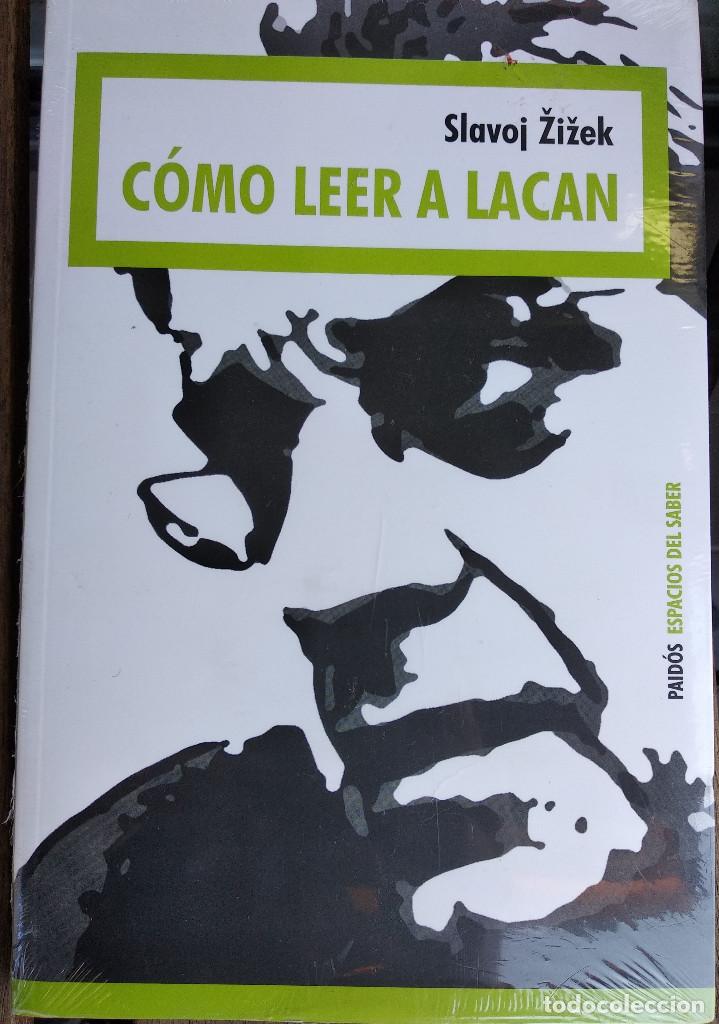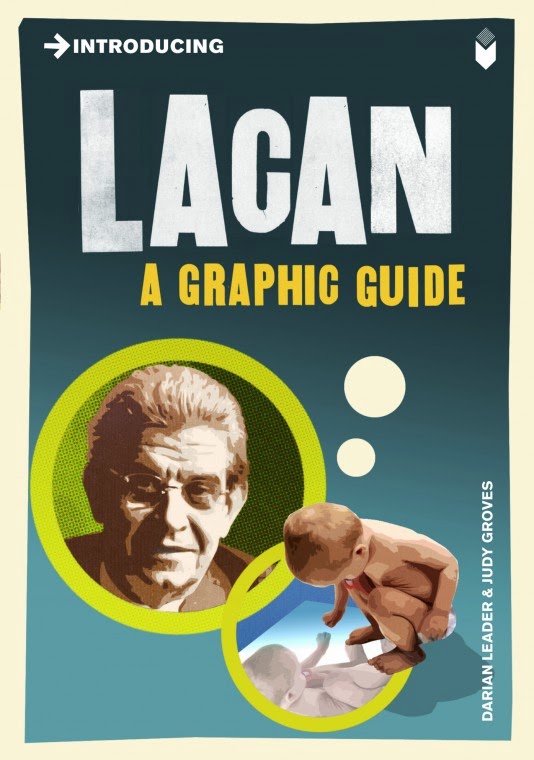

Freud's idea of the primordial father is, of course, a stupidity if you read it as a literal anthropological hypothesis but not if you read it as a fantasmatic feature that has what Freud called ‘psychological reality’. SŽ: Here we can see how Freud was not an idiot.


It is that the Cartesian cogito, this cogito ergo sum, is reduced to pure thought, which is void, nonthought – just I think I am nothing, no content, and at the same time the being of cogito is void. Then in his final position in the ‘66-67 Seminar on the Logic of Fantasy, unfortunately not yet published, he returns to the cogito as unity of being and thought, but the idea – a very nice one – is that it is neither being nor thought. The unconscious is the thought without being, not being itself.

The site of truth is not being but thought: ‘I do not think where I am’. Then what he did in Seminar XI ( The Four Fundamentals of Psychoanalysis), already more intelligent, he turns it around. He started with this standard rereading of Descartes: ‘I am not where I think’. He offers a nice reading of how Lacan played all possible variations. Then, at a certain point, in the early 1970s, Lacan made the choice for Descartes against Heidegger and triumphantly returned to the cogito. It proves how, in the 1950s, Lacan was flirting with Heidegger's critique of subjectivity. It is a wonderful analysis of how, when Lacan refers to the topic of being, basically to Heidegger, he radically changes his position. For example, I discovered a new excellent source to Lacan, Francois Balmes's What Lacan Says about Being. But there is at least one thing that I always try to do, to render palpable the openness – not in any positive nondogmatic sense – to put it in very simple terms, to show how Lacan is totally unsure and, in an ironic way, cheats, changes his position radically. When you told me earlier that not only am I focusing too much on Lacan within the broader realm of psychoanalysis and that I exert too much influence in that people read Lacan through my, probably narrow, perspective, it is true. Slavoj Žižek: Let me be critical towards Lacan.


 0 kommentar(er)
0 kommentar(er)
